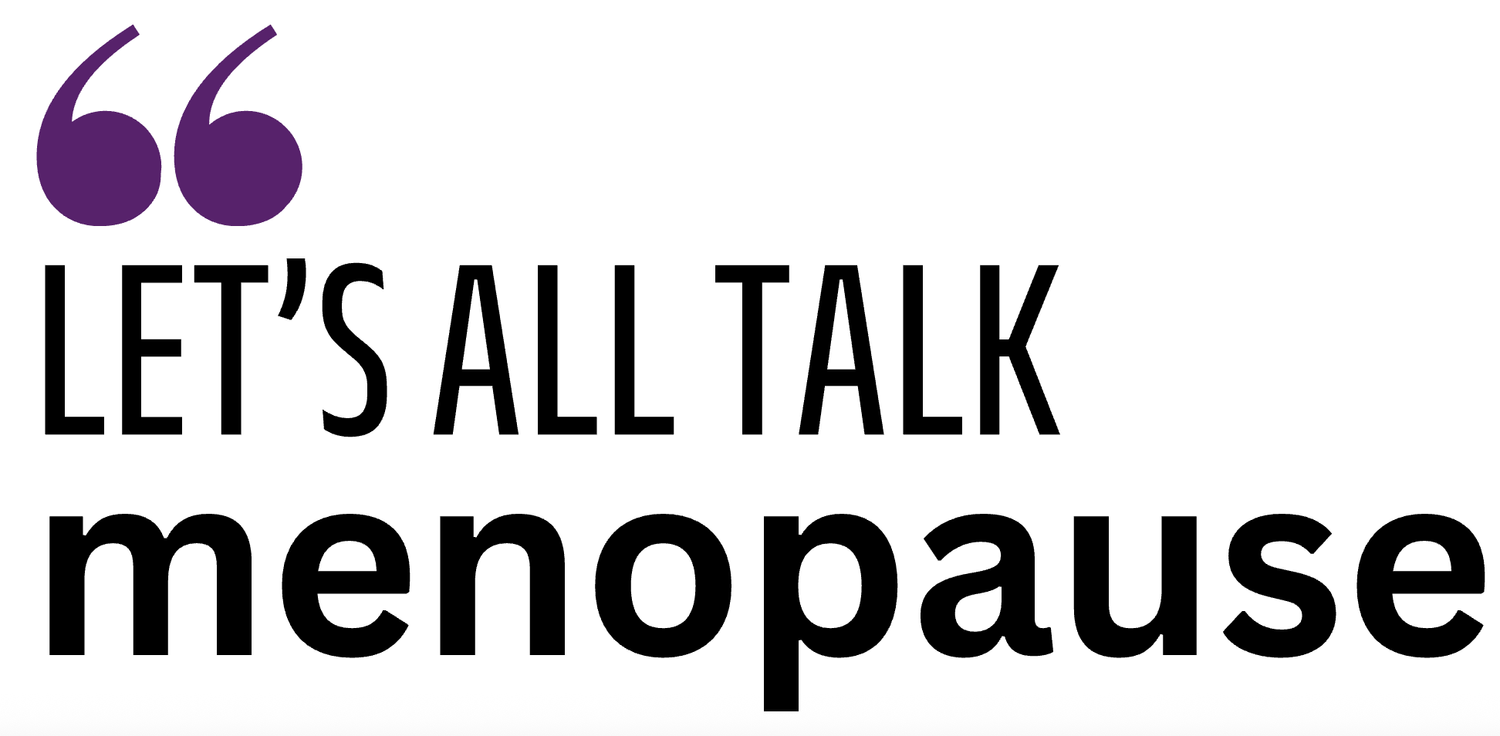It’s a matter of the heart!
I’d never seen an obvious link between heart health and menopause and World Menopause Day couldn’t have come sooner. With the theme this year being cardiovascular disease, it turns out this is a huge issue for menopausal women.
When we think of angina or heart problems, we tend to think of older men suffering from cardiac troubles, the subject seems completely unrelated to menopause; but it turns out there is a connection, a very strong one. Dr Tonye Wokoma explained to us on our latest Let’s all Talk Menopause webinar, how heart health affects us during menopause, what we can do to lower our chances of getting heart disease and what exactly does having heart disease mean. This session ultimately covers a massive gap in knowledge surrounding heart health during menopause; after all its not the first thing that pops into your head when you think of menopause.
Dr Tonye Wokoma from My Menopause Centre is a BMS registered menopause specialist and is particularly knowledgeable in this area - I’m astounded by how much of an eye-opener it’s been.
Let’s start with the basics; heart disease is the narrowing of the blood vessels around the heart, and this causes angina. Vitally, blood flow isn’t getting through to the heart. If we were to describe it, it feels like a rubber band tightening in your chest, and it’s a constant lingering pain.
Dr Wokoma explains some risk factors of heart disease that all contribute to the deterioration of the heart.
Raised cholesterol
Lack of exercise
Too much alcohol
Being overweight
Smoking
Diabetes
Hypertension – control your blood pressure
Some hard facts…
A recent survey found that more women die of heart disease every year than anything else. 28,000 to be precise! And 800,000 women in the UK are currently living with some form of heart disease. These are some startling numbers.
“Get those tests done if you feeling unsure” urges Dr Wokoma. “If you have a family history of heart disease, then keeping healthy will help prevent further deterioration.”
Its important to point out that pre-menopausal women have a low chance of heart disease, but once they hit menopause it increases and this number eventually overtakes men. HRT can be beneficial if started at the right time. In fact, studies on HRT benefits have shown it to protect bones and the heart. Oestrogen is particularly recommended for women with early menopause to protect their heart this way, it does so by stopping furring and plaques from being deposited in the vessels.
Current guidance says that taking HRT “within 10 years of going through menopause” is the ideal time to protect your heart. There is a ‘window of opportunity’ to stop further deterioration, and after that time its too late to correct any damage that’s already occurred.
To actively manage your risk going forward Dr Wokoma recommends educating yourself. She particularly mentions familiarising yourselves with the signs of stroke.
Stroke is a medical emergency. The FAST test can help you recognise the most common signs.
Facial weakness: Can the person smile? Has their mouth or eye drooped?
Arm weakness: Can the person raise both arms?
Speech problems: Can the person speak clearly and understand what you say?
Time to call 999: if you see any of these signs.
Make sure you and your loved ones all know the FAST test.
Despite being surrounded by menopause day in and day out I had never made the connection between heart health and menopause. It was a thorough education for me, and it seems another huge bump in an already unsteady journey for many menopausal women. But, it’s not all gloomy. According to Dr Wokoma, enjoy a little wine, enjoy the odd treat but everything in moderation. And take things step by step, walk a little extra every day, change one small thing in your diet you don’t need to do it all in one go. Knowledge and awareness of heart health are key.
To watch Dr Wokoma’s talk again, head here – it’s a revelation!
Studies have shown that for those with ADHD and menopause, it may be harder to manage both symptoms simultaneously… and menopause symptoms can be more severe in these cases. Psychologist Dr Tamasine Black joins us with her expert advice on how to manage both symptoms effectively. Tuesday, October 10th at 8pm. You can book your pass here – well worth tuning in for!
Written by Anila Shyam, October 2023


